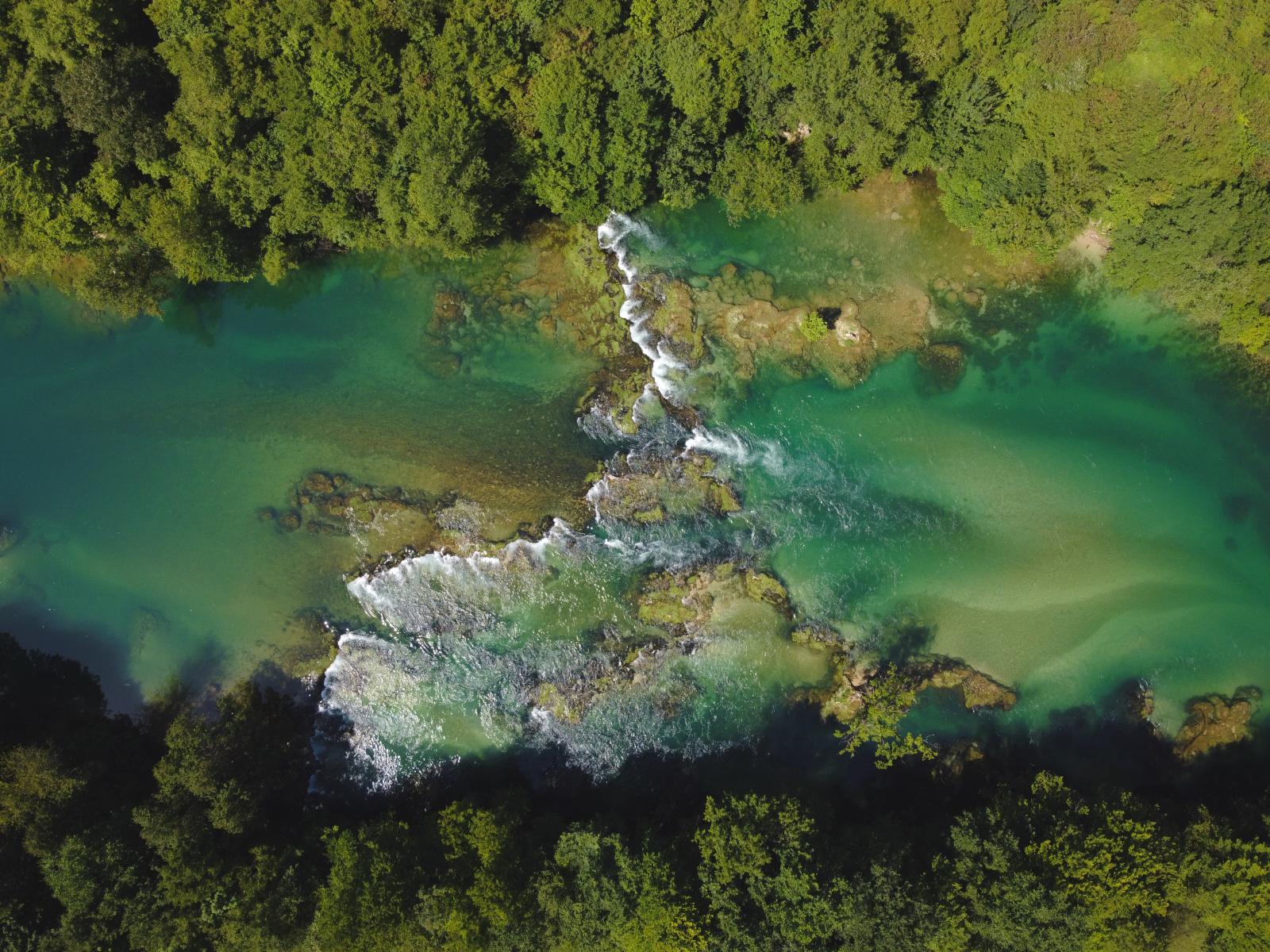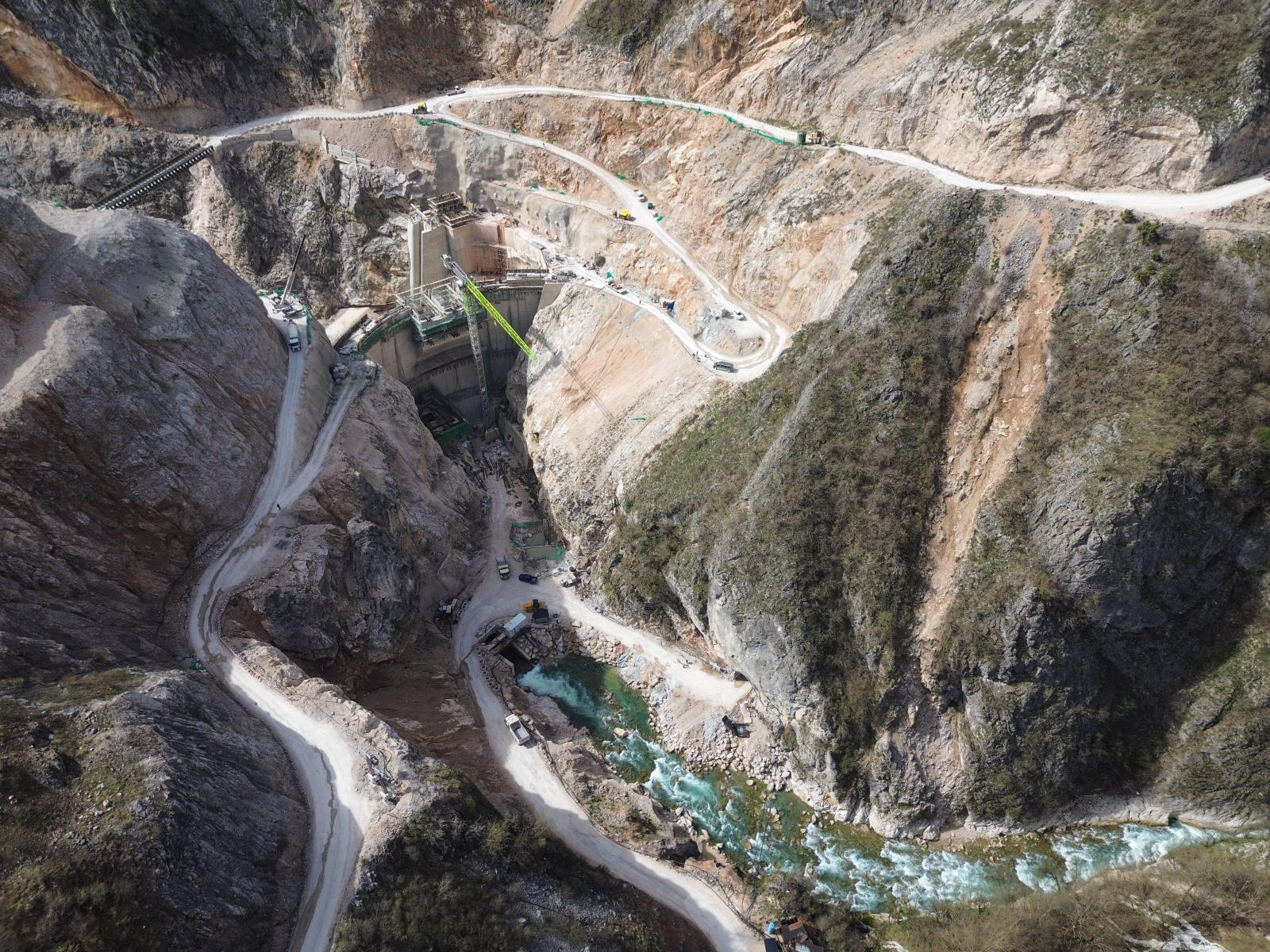November 21, 2025, marks 30 years since the end of Bosnia’s brutal civil war, but the country is still under intense scrutiny, often portrayed as a state teetering on the brink of renewed conflict, crippled by entrenched ethnic divisions and political stagnation. Yet, against this bleak backdrop, another reality is taking shape: communities are coming together across ethnic lines in defence of an unlikely common cause—their rivers.
While Bosnia is home to some of Europe's last pristine rivers, many are under increasing stress from pollution, mineral extraction, and hydropower dams. In recent years, the fight against these threats has ignited a powerful environmental movement on rivers across the country. Relinquishing ethnic and political affiliations, local activists, NGOs, and ordinary citizens are organising to protect their rivers, often at great personal cost and in direct opposition to the interests of Bosnia’s elites. These movements are forging unlikely alliances, proving that ethnic cooperation is not only possible but already happening.
This story reflects the deeper paradox of Bosnia's post-war reality: within a system that maintains peace through incentivising division, ordinary people are finding ways to build solidarity—not through ethnic identity, but through a shared connection with and defence of the natural heritage they all share.
With funding from the National Geographic Society, I travelled around Bosnia, meeting with ordinary people to discuss the important role that rivers play in their lives, joined scientists as they documented undiscovered biodiversity, and saw firsthand the destruction already taking place on the country’s rivers.


































